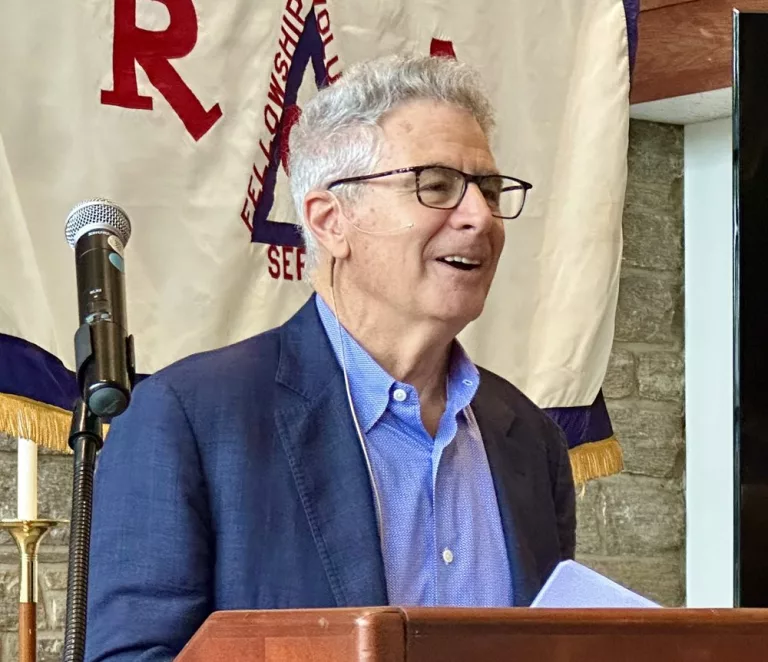“When you’re entrusted with public funds,” Calvin Coolidge once said, “you must manage them as you would your own household—except more carefully.” That ethic, austere but clear, once defined municipal stewardship. Increasingly, it does not.
Local government today is a realm where bureaucracy resists transparency with a brazenness that would make Coolidge wince. Nowhere is this more evident than in the realm of public education finance, where the structure intended to ensure scrutiny has yielded to the vagueness of deflection. “Talk to the BET” has become the convenient refrain for operational excesses that defy both prudence and explanation.
Among the most illustrative examples is the substitute teacher budget. In theory, substitute staffing should reflect unavoidable human absence. In practice, it has become a costly proxy for managerial failure. Our school district, already paying the highest base salaries in the state, is still shouldering almost $2 million annually for substitute coverage—double the original allocation. Absenteeism, particularly around long weekends and holiday periods, has become predictable. In Greenwich, it is twice the state-wide average. This is simply a fact-not a judgment. That it remains tolerated should be judged.
Anecdotes are numerous. On certain Mondays and Fridays, substitute demand surges conspicuously. There are reports of contractual restrictions on personal time being quietly overlooked. In some cases, substitute staff have been informally reassigned as fill-ins—creating full-time substitute roles in everything but name, paid even when they are not needed… just in case. Whether this is a workaround or an accounting trick is debatable. That it inflates cost and obscures responsibility is not.
More troubling than the expense is the response to inquiry. The public is told there is no problem, and if one appears, it is someone else’s to solve. The Board of Education, when pressed, invokes autonomy. Yet autonomy divorced from accountability is not governance. It is evasion. It is not a defense of educational quality. It is a refusal to account for how quality is being pursued, and at what cost.
The reflex to protect public education from criticism is understandable. A community rightly takes pride in its schools. But the presumption that questioning budgets is akin to attacking education is corrosive. Civic virtue does not lie in writing blank checks. It lies in asking, as James Madison insisted a free people must, whether “those who are to administer the government are dependent on the people.”
Indeed, the budgets in question are not stagnant. They are increasing, and through the miracle of compounding, today’s leniency becomes tomorrow’s crisis. A recurring expenditure, once baked into the base, becomes permanent. As operating budgets grow, so does the burden on households. And yet, officials rationalize it as necessary, conflating scale with success.
Lost in this arithmetic are the taxpayers, many of whom live on fixed incomes or attempt to balance the competing costs of family life and homeownership. The long-term impact of a six percent annual budget increase over a decade—versus three percent—is not a rounding error. It is the difference between sustainability and pressure, between a town that works and one that prices out its stewards.
It is not uncharitable to suggest restraint. It is democratic. The duty of those who steward public institutions is not to avoid discomfort, but to confront it. That means identifying redundancies, resisting the temptation to universalize exceptional spending, and asking why a district with premium pay still requires premium relief staffing.
The challenge is not ideological. It is arithmetical. And arithmetic, as ever, is indifferent to sentiment.
Local government must reclaim its sense of proportion. Candor must replace euphemism. Substitutes must be used for emergencies, not as a permanent line item with holiday-adjacent peaks. And autonomy, if it is to be honored, must be matched by clarity in where the dollars go—and why.
Coolidge, had he lived to observe the contemporary municipal spreadsheet, might have drawn his pen through several lines and offered this simple coda: government, like a household, must learn to say no.





